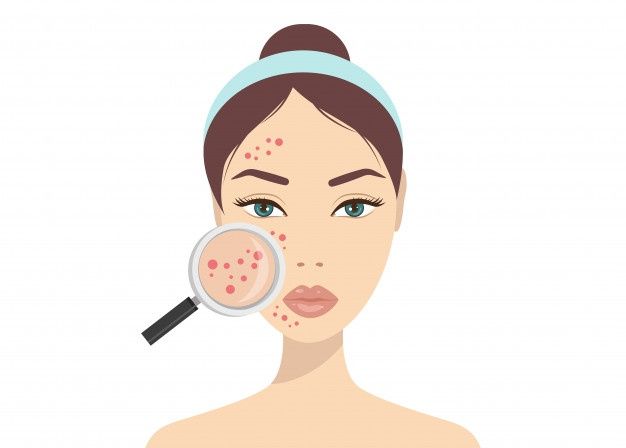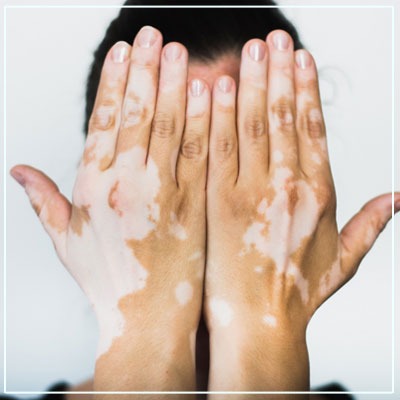Acne is most commonly associated with adolescents and young adults, but it can affect people of all ages. The likelihood of getting acne can be influenced by several factors:
- Age: Acne is most prevalent during puberty and adolescence due to hormonal changes. However, it can persist into adulthood, and some individuals may experience acne for the first time in their 20s, 30s, or even later.
- Hormonal Changes: Hormonal fluctuations, especially an increase in androgens (male hormones) during puberty, menstruation, pregnancy, and conditions like polycystic ovary syndrome (PCOS), can contribute to the development of acne.
- Genetics: A family history of acne may increase the likelihood of developing the condition. If parents or siblings had acne, an individual may be more predisposed to experiencing it as well.
- Gender: While both males and females can get acne, hormonal changes unique to each gender can influence the likelihood and severity. For instance, hormonal fluctuations during the menstrual cycle may contribute to breakouts in females.
- Certain Medications: Some medications, including certain corticosteroids and hormonal treatments, may contribute to acne as a side effect.
- Diet and Lifestyle: While the relationship between diet and acne is complex and varies among individuals, some studies suggest that certain dietary factors, such as a high-glycemic-index diet or dairy consumption, may influence acne development in some people.
- Environmental Factors: Exposure to certain environmental factors, such as pollution or humid conditions, may contribute to the development or exacerbation of acne.
- Occupational Exposure: Individuals in certain professions may be more prone to developing acne due to exposure to oils, greases, or other skin-irritating substances.
- Cosmetic and Skincare Products: Some cosmetic and skincare products, especially those that are oil-based or comedogenic, may contribute to the clogging of pores and the development of acne.
It’s important to note that acne is a multifactorial condition, and the interplay of genetics, hormones, lifestyle, and environmental factors can vary from person to person. While certain factors may increase the likelihood of developing acne, it is not always possible to predict who will be affected. Additionally, effective management and treatment options are available for those experiencing acne, and consulting with a healthcare professional or dermatologist can provide personalized advice and solutions.
Take the first step toward a blemish-free complexion. Schedule an appointment with Dr. Deepam Shah for expert acne treatment in South Mumbai. Reclaim the confidence that comes with healthy and beautiful skin.


